Kaana
Kaana: iPaaS Integration Platform
Connect SaaS applications, on-premises systems, and custom APIs with Kaana, a powerful integration platform as a service offering pre-built connectors, workflow automation, data transformation tools, and more to streamline your integration processes.
What is Kaana?
Kaana is an integration platform as a service (iPaaS) designed to connect software as a service (SaaS) applications, on-premises systems like ERPs and CRMs, legacy systems, and custom APIs. It aims to provide a centralized integration hub to eliminate point-to-point interfaces between systems and applications.
Key capabilities and benefits of Kaana include:
- Library of pre-built connectors to popular SaaS apps like Salesforce, Marketo, Oracle, SAP, and more. Connectors enable seamless data flow without coding.
- Visual workflow designer to model data integration processes and automation with an easy drag-and-drop interface.
- Data mapping and transformations allow you to easily map, convert, and transform data between applications and formats.
- Orchestration to schedule and manage sequences of integration processes.
- Robust management and monitoring capabilities providing control, visibility, and alerts for integrations.
- On-demand scalability to flexibly handle integration needs without infrastructure constraints.
- Enterprise-grade security standards to safely transfer data.
Kaana offers pricing based on the number of integrations or data syncs needed per month. It is designed to be user-friendly so that both technical and non-technical users can manage integrations through an intuitive web-based portal with little training needed.
Kaana Features
Features
- Pre-built connectors for popular apps like Salesforce, NetSuite, SAP
- Cloud-based iPaaS for connecting SaaS, on-premises and custom systems
- Drag-and-drop interface for building integrations and workflows
- Data mapping and transformations
- Scheduling and orchestration
- APIs and SDKs for custom integration
- Monitoring, logging and alerts
Pricing
- Freemium
- Subscription-Based
Pros
Cons
Official Links
Reviews & Ratings
Login to ReviewThe Best Kaana Alternatives
Top Ai Tools & Services and Integration Platform and other similar apps like Kaana
Here are some alternatives to Kaana:
Suggest an alternative ❐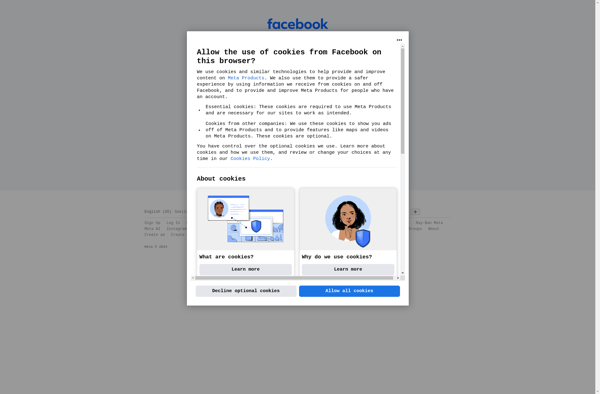
VK
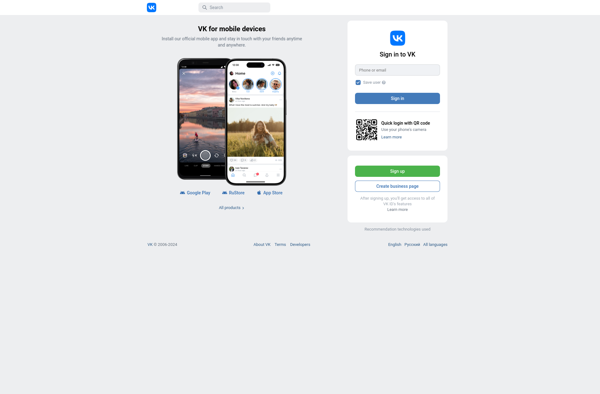
Google Search

Gab
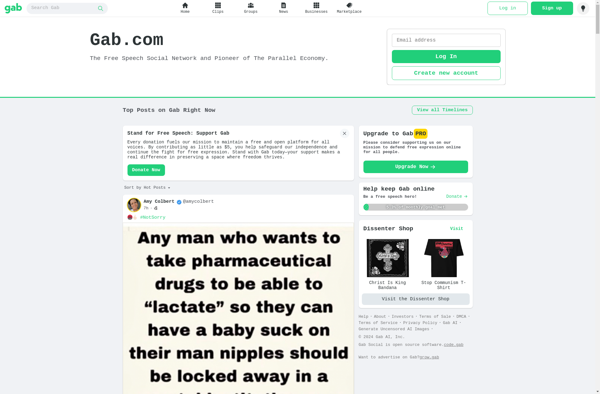
YOU.com

Kagi Search
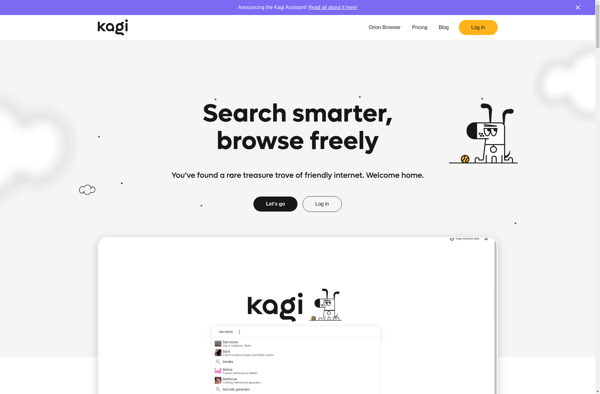
Mastodon
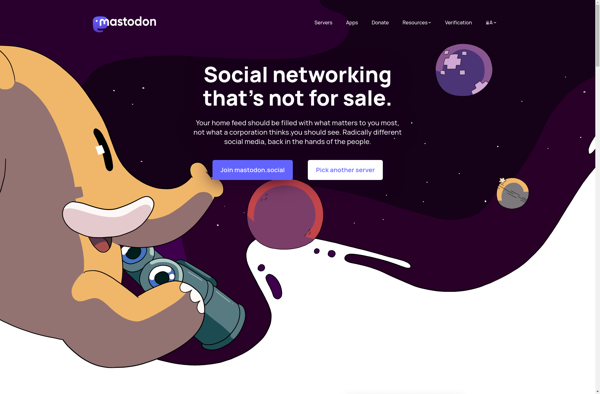
Minds
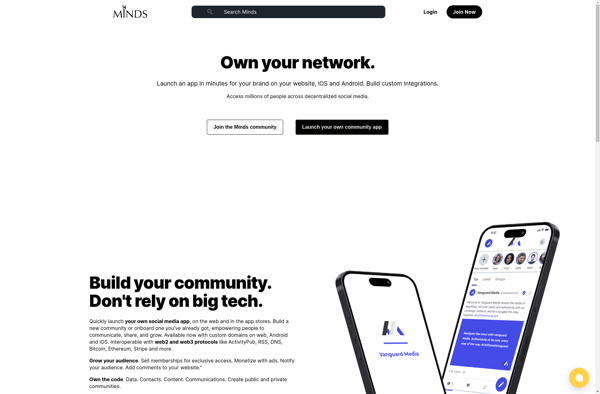
Diaspora

Friendica
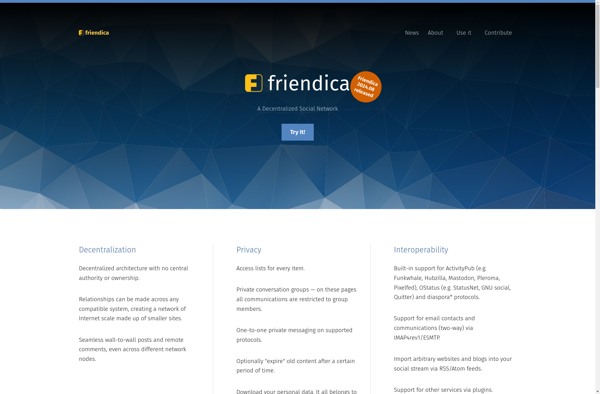
Hubzilla
